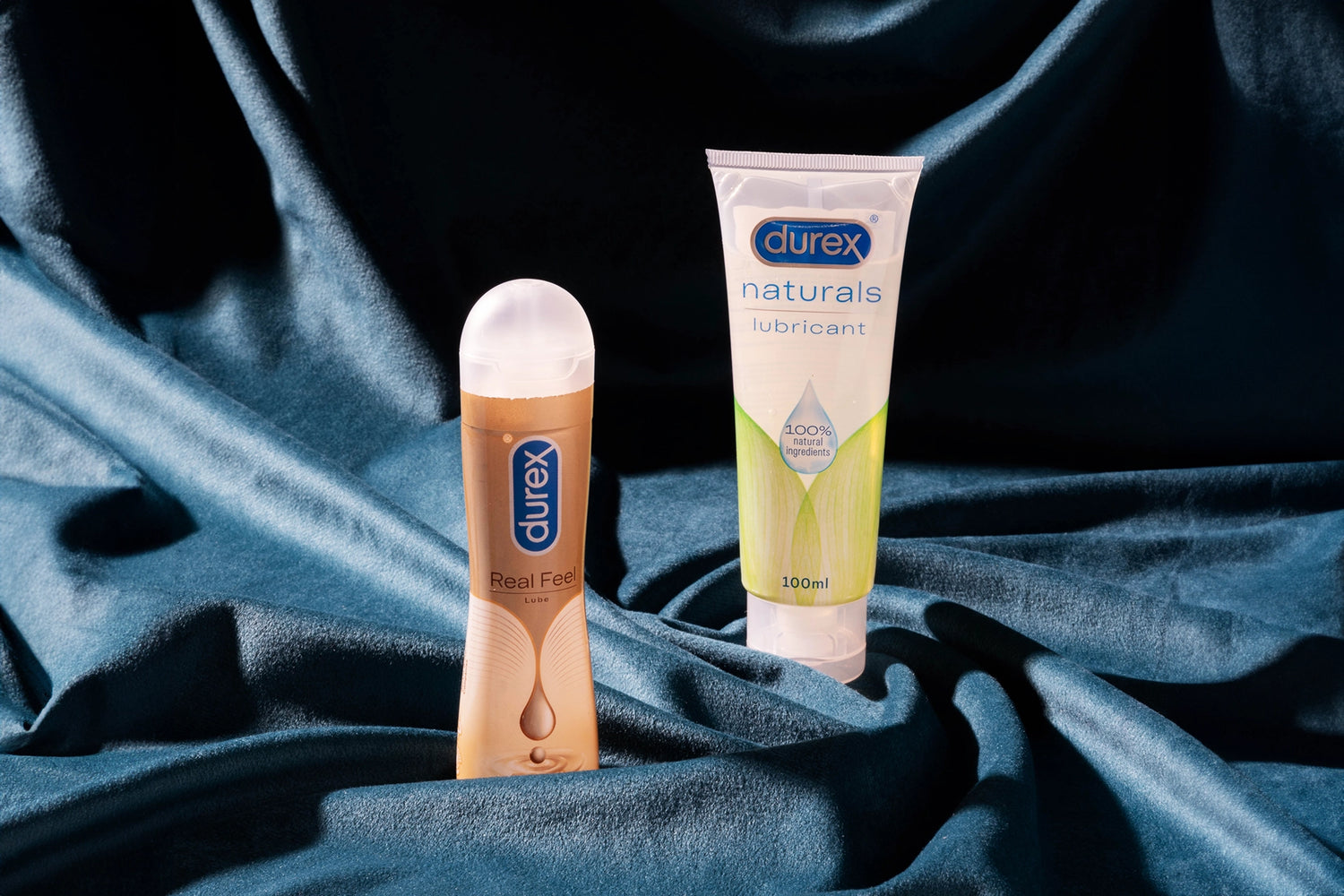What you need to know about the Zika and Sex

The Zika virus is spreading around the world and it is now possible to catch through sexual intercourse.
It is a disease originally caused by mosquitos where the most common symptoms include a rash, fever, joint pain and conjunctivitis lasting from several days to a week - but you may not even know you are carrying it for potentially up to 8 weeks.
The Zika virus is particularly dangerous for pregnant women, as it can put their unborn child at serious risk of microcephaly, a severe birth defect where babies are born with small heads – and there are now reports that it can be spread through sexual intercourse.
Is Zika a sexually transmitted infection?
Zika is thought to be mainly spread by mosquitoes, yet it's transmission through sex has now been reported. The US Centers for Disease Control and Prevention (CDC) has advised that pregnant women should abstain from sex or use condoms if their partner has been in an area affected by Zika. In the meantime, research is underway to find out more about how the illness is transmitted.
Will using condoms protect me against Zika?
Zika is thought to be mainly spread by mosquitoes, so prevention primarily focuses on reducing mosquito populations and avoiding being bitten. There have been reports of transmission of Zika through sex and the US CDC have advised that pregnant women should protect themselves through abstinence or condom usage if their partner has been in an area affected by Zika. Latex condoms, when used consistently and effectively, are a highly effective barrier to the transmission of sexually transmitted infections (STIs).
I don’t live in an effected area, am I at risk?
Firstly, have you or your partner been travelling to the affected areas? For those who just finished travelling, you may not even know you’re carrying the virus after a mosquito bite as the virus can live inside you for potentially up to 8 weeks without you knowing it. If you have also recently had intercourse with someone who has been travelling then again, you could be at risk.
So, until you are 100% sure you don’t have the virus, protect yourself and others. Use a condom and protect yourself against mosquito bites if you are about to travel.
Secondly, like with any STIs, when you are first with a new partner, you may not be fully aware of their sexual health status. Protect yourself by using a condom from STIs, not just Zika.
For more specific information about the Zika virus, please visit the Centers for Disease Control and Prevention website at www.cdc.gov or the World Health Organisation at www.who.int.
Sources:
http://www.cdc.gov/zika/disease-qa.html
Centers for Disease Control and Prevention. Zika virus. Transmission.
Available at: http://www.cdc.gov/zika/transmission/sexual-transmission.html Last accessed 3 June 2016.








